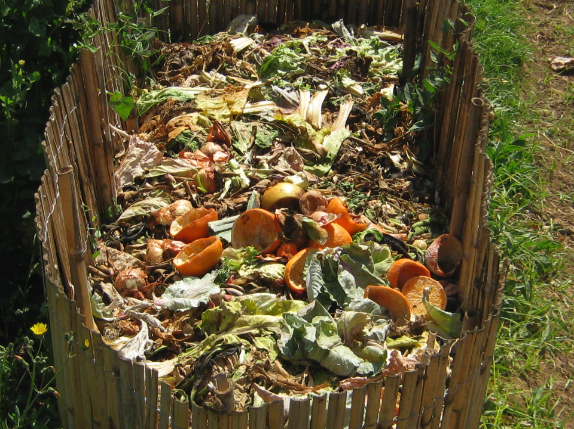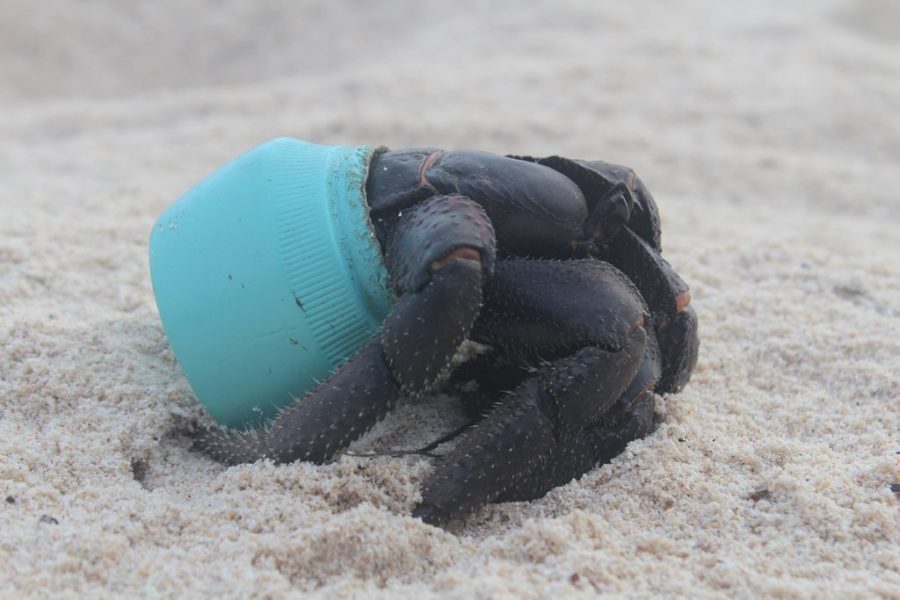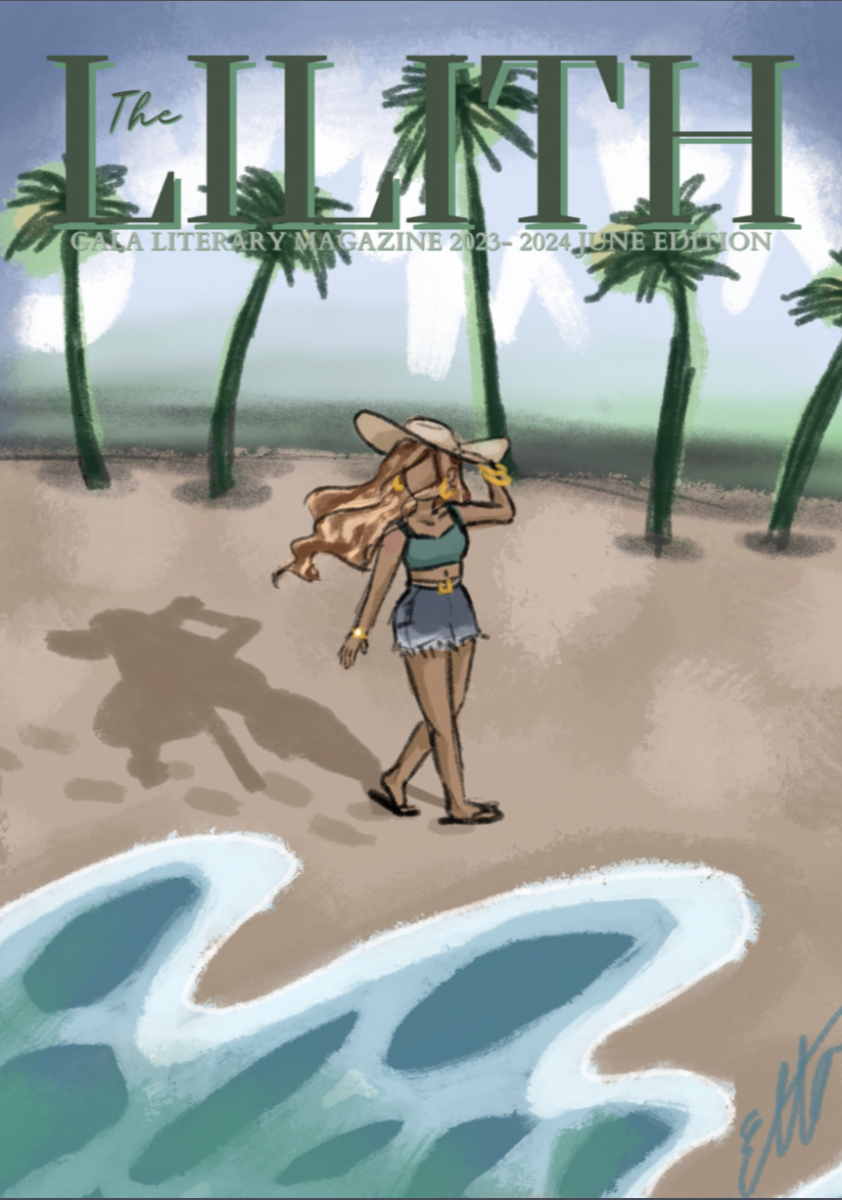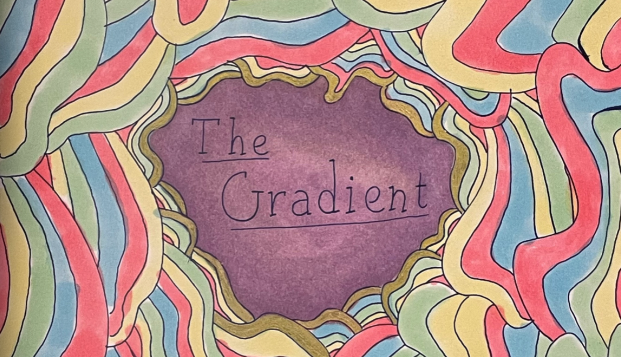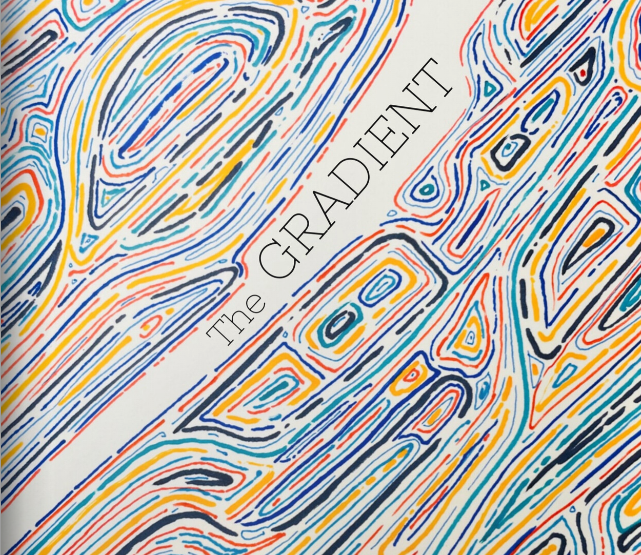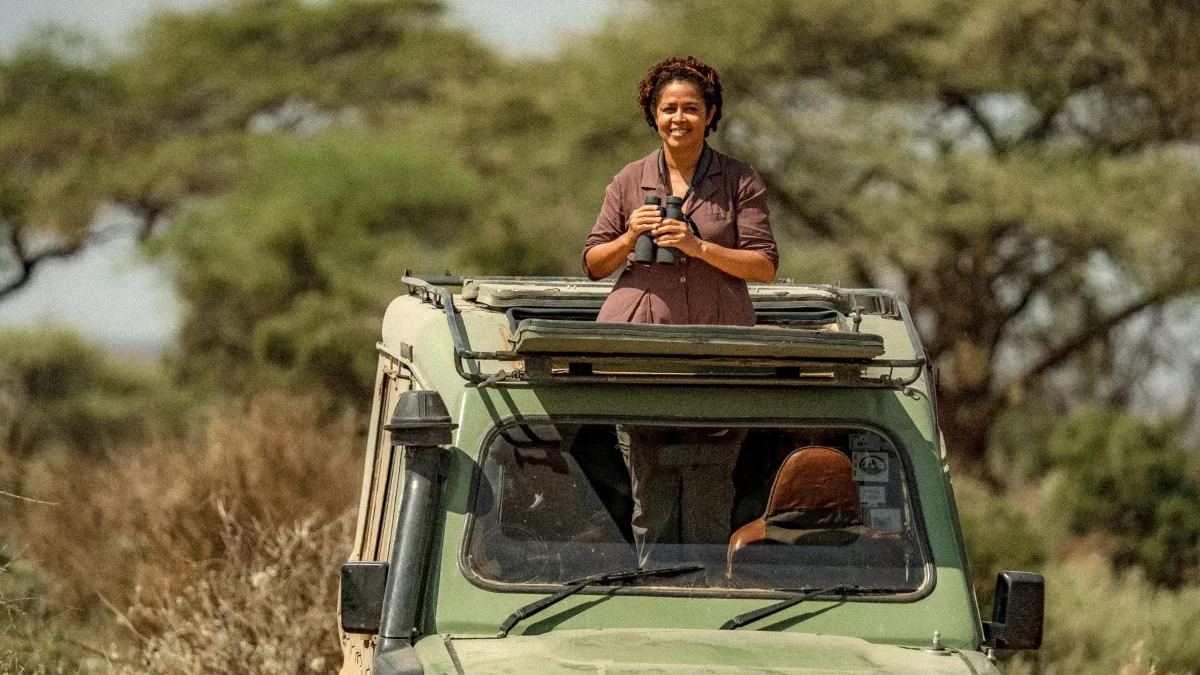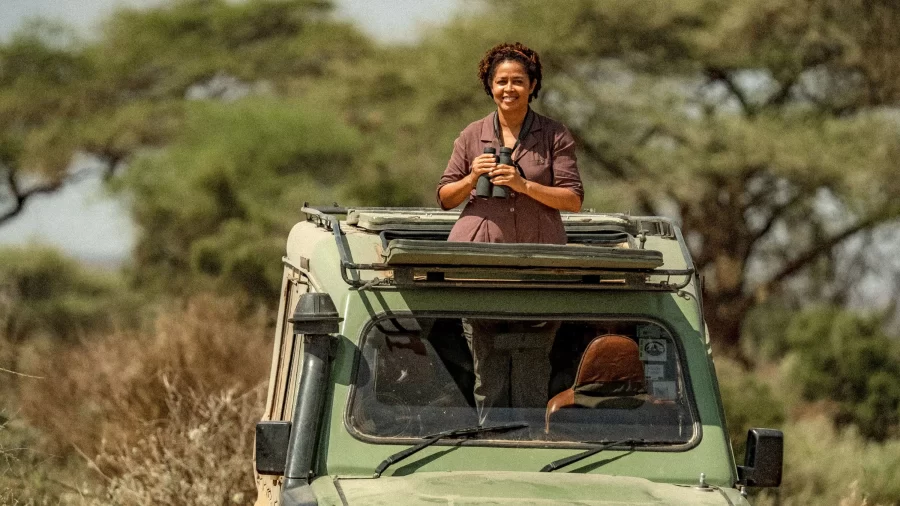Elephants have long been regarded as one of the most intelligent animals on planet Earth, dumbfounding scientists with their problem-solving skills and intellectual insight for decades. Dr. Paula Kahumbu, an internationally recognized conservationist and National Geographic Emerging Explorer, said that intelligence is just scratching the surface of the multitudes elephants contain.
“Elephants are full of surprises, that’s what I love about them,” Kahumbu said. “We are never going to get to the bottom of elephants, but we can certainly try.”

(National Geographic for Disney/Nichole Sobecki)
In one such effort to explore the depths of these mammoth creatures, Kahumbu has spent the last year working on “Secrets of the Elephants,” a new four-part National Geographic series exploring the parts of elephants that those removed from the elephant sphere aren’t normally witness to.
Most notably, the series dives into the emotional side of elephants: how they recover from loss, their mourning process, and how disputes between young calves are put to rest.
Kahumbu said that this emotional element is what makes her job in the field the hardest.
“You can’t help but get emotionally attached to elephants,” she said.
On the mourning process of elephants, which viewers get a glimpse of during “Secrets,” she elaborates.
“When an elephant dies, the other elephants are sad, and you can sense that there is a great grieving happening. You can look at an elephant’s face and see grief,” Kahumbu said.
Even separated from the grieving elephants by a screen, what Kahumbu said checks out; after an elephant passes in “Secrets,” the deceased elephant’s parade takes on a somber disposition, with even young calves knowing, it appears, that there is no playfulness allowed during the mourning period.
This is not to say that elephants as a whole are homogenous, in emotion or otherwise. Differences are most observable by region, which is, as Kahumbu explained, why “Secrets” dedicates each episode to a different region and the elephants that live there: elephants in the desert, the savanna, the rainforest, and Asia.
Terrain and genetic differences may explain some of the key differences between each group, but Kahumbu stresses that there are other, unknown factors that may influence behavior discrepancies.

(National Geographic for Disney/Jasper Schofield)
In her career, Kahumbu said she’s seldom observed something that piqued her interest as much as how elephants across the world go down hills.
She elaborates, explaining that in Kenya, elephants tend to descend hills with their weight on their front legs, while in Zimbabwe, elephants use their trunks like a third front leg to balance as they make their way down.
It’s small things like this that Kahumbu said make elephants one of the, “most amazing animals to study. Every day is full of discoveries.”
While Kahumbu talks at length about the beauty of elephants, she also stresses their current status: endangered. In 20 years, she said she fears the elephants will only exist in fenced, heavily protected areas — “and that’s when they exist at all.”
She notes that this forecast holds weight only without proper intervention, as Kahumbu talks decidedly optimistically about how to reverse this dire trend for the Earth’s last remaining elephants — an estimated 40,000.
Stressing the power of social media, Kahumbu highlights how youth storytelling can educate the masses and steer them toward fundraising and conservation work. She also discusses legal initiatives like the 30×30 project, which aims to protect 30% of terrestrial and marine habitats by the year 2030, and the good that such global political intervention can do.

(National Geographic for Disney/Robbie Labanowski)
“They have personalities. They have habits and behaviors,” Kahumbu said. “You can sense their sadness, you can feel that they are studying you. It’s not a one-way thing; they’re curious, playful, all-knowing, mysterious. It’s our duty to protect them against ourselves.”
It’s these traits that Kahumbu said have made her a lifelong elephant researcher, and it’s these traits she hopes viewers of “Secrets” will take away from the show.
“Humans can learn from elephants,” she said.
She explained how elephants center around the “gentlest, most empathetic, most giving” elephant, not the most aggressive one.
“They’re like the best parts of humans. I think anyone who sees them, in any capacity, will tell you that.”
“Secrets of the Elephants” is now streaming on National Geographic and Disney+.






















